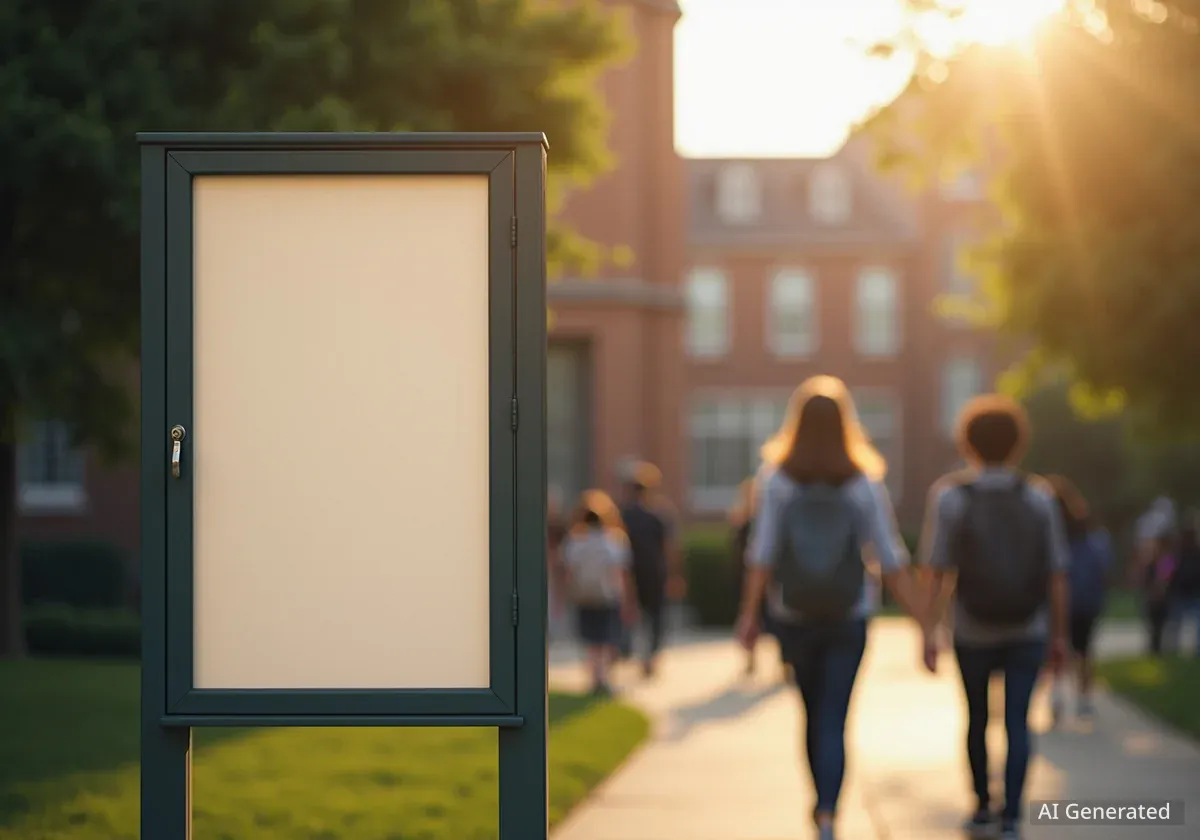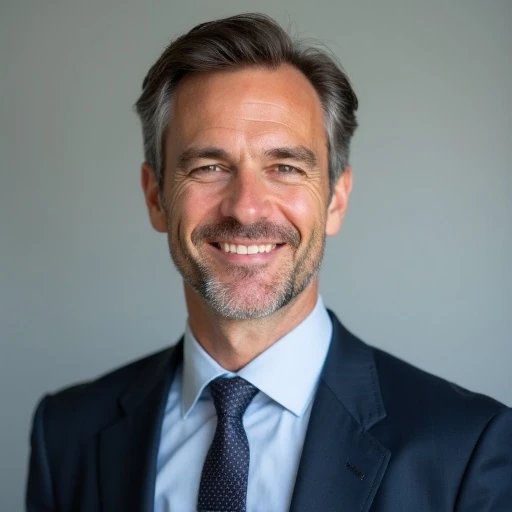The University of Louisville is navigating a campus-wide discussion on free speech after the removal of a graphic poster depicting political violence. In response to the incident, which gained attention on social media, the university's president, Dr. Gerry Bradley, issued a detailed statement affirming the institution's commitment to the First Amendment while unequivocally condemning acts of political violence.
The university confirmed it is investigating the matter after the poster, which featured a violent depiction of political commentator Charlie Kirk, was discovered and taken down from campus property. The event has prompted a broader conversation about the boundaries of expression in an academic setting.
Key Takeaways
- The University of Louisville is investigating a graphic poster found on campus that depicted violence against political figure Charlie Kirk.
- University President Dr. Gerry Bradley released a statement condemning political violence while defending the principles of free speech.
- The statement emphasized that while most speech is protected under the First Amendment, it does not extend to direct threats or incitement of violence.
- A new university commission is being formed to improve campus climate and foster respectful dialogue on difficult topics.
Campus Responds to Controversial Poster
The controversy began after images of a poster found on the University of Louisville campus started circulating online around September 11. The poster contained a graphic drawing of Charlie Kirk being shot, accompanied by the caption "debate this."
University officials acted quickly to remove the poster once they were made aware of it. The incident immediately sparked debate among students, faculty, and the public regarding the limits of acceptable speech on a university campus.
In the days following, the administration launched an official investigation to determine the origins of the poster. The university has not yet released details about who may be responsible for its creation or placement.
The Content and Its Immediate Impact
The visual nature of the poster was a central point of concern for many. Depicting violence against a specific political figure raised questions about whether the content crossed a line from political commentary into a potential threat or incitement.
The rapid spread of the images on social media platforms amplified the situation, drawing national attention to the University of Louisville and its policies on expression and campus safety.
Context of Free Speech on College Campuses
Public universities like the University of Louisville are bound by the First Amendment, which protects a wide range of speech, including expression that may be considered offensive or unpopular. However, this protection is not absolute. Legal precedent allows institutions to restrict speech that constitutes a true threat, incitement to imminent lawless action, or discriminatory harassment.
President Bradley's Statement on Civil Discourse
On Monday, September 22, University President Dr. Gerry Bradley addressed the campus community in a formal statement. He used the incident as an opportunity to discuss the complexities of free speech and the university's role in fostering open but respectful dialogue.
"Free speech is one of the most powerful rights we have—and it’s protected by the First Amendment," Dr. Bradley stated. "It gives every citizen the ability to question authority, share ideas and demand change. Without it, there would be no democracy, just silence."
He appealed directly to the university community, asking, "can we openly embrace conversations of differing viewpoints without offense and learn from those conversations?" The president stressed the importance of civil, honest, and respectful debate, regardless of one's position on the political spectrum.
"Let me be clear: I unequivocally condemn political violence. It has no place in a free society."
<
The statement acknowledged the historical significance of free speech in driving social change in America, from the fight for independence to the women's rights movement. Dr. Bradley noted that these movements often began with unpopular voices that were given a platform to change public opinion.
Navigating the Line Between Speech and Threats
A key portion of the president's message focused on the legal distinctions governing speech. Dr. Bradley explained that while the university is committed to academic freedom and viewpoint neutrality, there are established limits.
"As deplorable as certain statements may be, unless the statements constitute threats, incite imminent violence or rise to the level of discriminatory harassment, they are often protected by the First Amendment," he wrote.
This distinction is critical for public institutions, which must balance the protection of constitutional rights with the responsibility to maintain a safe and inclusive environment for all students and staff.
The Counter-Speech Doctrine
In his statement, Dr. Bradley referenced the legal philosophy of Justice Louis Brandeis, who formulated the counter-speech doctrine. This principle holds that the best remedy for harmful or false speech is not censorship or "enforced silence," but rather "more speech" that is grounded in truth and reason.
The president encouraged all members of the university community to review the guidelines on expression available on the Division of Student Services website, particularly during periods of heated public discourse.
A Path Forward: The Commission on Climate and Culture
Looking beyond the immediate incident, Dr. Bradley announced a proactive step to improve the campus environment. He revealed one of his primary goals is the establishment of a new body to address these exact challenges.
"One of my primary goals in establishing the Commission on Climate, Culture and Well-being is to cultivate an inclusive, safe environment where all members of the university community can discuss and even debate the difficult issues facing our university, our commonwealth and our nation," he explained.
In the coming weeks, the president plans to meet with various stakeholders to discuss how this commission can effectively move forward. The goal is to create structured opportunities for constructive dialogue and prevent future conflicts from escalating.
A Call for Unity
Dr. Bradley concluded his message with a call for unity, referencing Kentucky's state motto. He emphasized that the university is a single community that must work together to navigate its differences constructively.
"We are one community and, as our state motto says, ‘United we stand, divided we fall,'" he concluded. The statement serves as both a response to a specific controversy and a broader framework for how the University of Louisville intends to handle contentious issues in the future.





